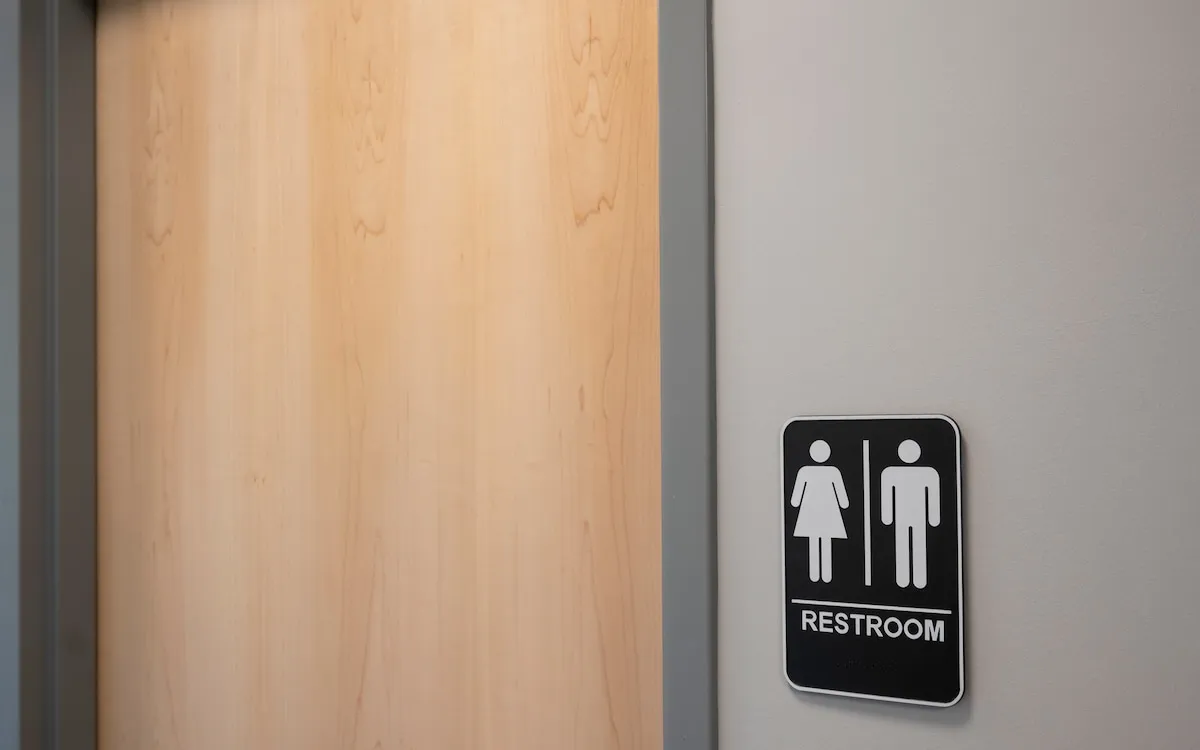
A recent study published in PLOS One has unveiled troubling findings regarding the relationship between excessive smartphone use while sitting on the toilet and the development of hemorrhoids. The research, conducted on 125 adults prior to routine colonoscopy procedures, highlights the growing trend of engaging with smartphones in bathrooms, which may have significant health implications that have not been thoroughly studied.
The study revealed that a staggering 66% of participants admitted to using their phones while in the bathroom. This behavior has become increasingly common as people turn to their devices to read news articles, scroll through social media, or simply to pass the time. Notably, the research indicated that using a smartphone on the toilet is associated with a 46% increased risk of developing hemorrhoids.
The most prevalent activity conducted by participants while on the toilet was reading news, which accounted for 54.3% of responses, followed closely by engaging in social media at 44.4%. The study's findings suggest that prolonged periods of sitting on the toilet can put excessive pressure on the veins in the rectal area, leading to swelling and inflammation.
Interestingly, the study noted that younger adults, particularly those in their 40s and 50s, were more likely to use smartphones while on the toilet compared to those over 60. This demographic trend underscores the increasing reliance on technology for entertainment and information, even in private settings like the bathroom.
Hemorrhoids represent the third most common outpatient gastrointestinal diagnosis, leading to nearly 4 million visits to offices and emergency departments each year. The economic impact is substantial, with more than $800 million spent annually on healthcare related to this condition. Alarmingly, more patients seek treatment for hemorrhoids than for serious conditions such as colon cancer, diverticular disease, or inflammatory bowel disease.
Despite the high incidence of hemorrhoids, the study highlighted a lack of consensus on identifiable risk factors for this condition. Common risk factors include constipation, straining during defecation, prolonged sitting on the toilet, low dietary fiber intake, pregnancy, and a sedentary lifestyle. The study points out that while smartphones have been shown to negatively impact sleep, mental health, cognitive function, attention span, and memory, their role in bathroom habits raises additional concerns.
Health experts recommend limiting the time spent on the toilet to no more than 5 minutes. Dr. Trisha Pasricha, director of the Beth Israel Deaconess Medical Center’s Institute for Gut-Brain Research, advises, “If the magic is not happening within five minutes, it’s not going to happen. Take a breather and try again later.” This advice is crucial not only for digestive health but also for reducing the risk of developing hemorrhoids associated with prolonged sitting.
In conclusion, while smartphones provide convenience and entertainment, their use in the bathroom may contribute to health issues like hemorrhoids. Being mindful of bathroom habits and limiting time spent on the toilet can help mitigate these risks.